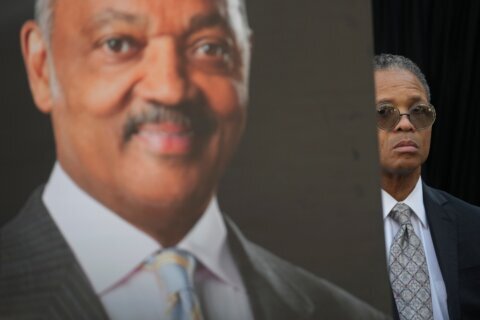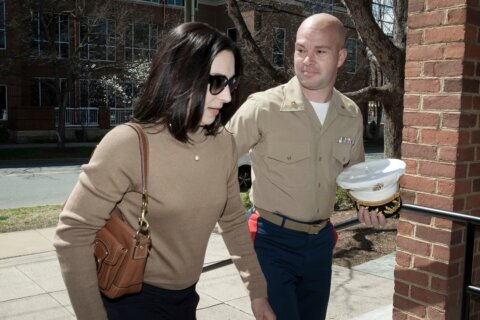This year marks 10 years since the death of University of Virginia lacrosse player Yeardley Love, who was killed by her ex-boyfriend in May 2010.
Love’s murder shone a spotlight on the abusive relationships young women can, all too often, find themselves in. Overall, federal data shows women and girls ages 16-24 are more than three times likely to be victims of abuse as other women.
But there’s still a lack of awareness of what abusive relationships actually look like.
“We do not teach kids how to have healthy relationships,” said author and parenting expert Leslie Morgan Steiner of ModernMom.com. “We just sort of assume that everybody is born knowing it.”
That’s where One Love Foundation comes in. The organization, founded by Love’s mother and sister in the wake of her killing, provides workshops to parents and teens about how to have healthy relationships — and how to identify unhealthy, even dangerous, behaviors.
The group is holding a free public seminar for all parents Jan. 23 at the Maret School in D.C.
The group’s website also includes a blog with healthy dating tips and a list of the 10 signs of unhealthy relationships, which include possessiveness, manipulation and isolation.
Steiner, who sits on One Love Foundation’s board, said the key to recognizing those signs is to take a step back and look at your relationship objectively.
“It’s very difficult to do it,” she said. “And you really need kind of a small village to help you do it — the bystanders in your life: your friends, your family, your coaches, your teachers and your parents.”
Steiner, who documented her own experience of an abusive marriage in her 20s in the 2009 book “Crazy Love,” said she understands why young women may find it hard to come to grips with the fact that they’re in an unhealthy relationship.
“When you’re deeply in love and deeply afraid, (those are) two incredibly intense emotions to reconcile, and it’s very confusing on a psychological level,” she said. “What’s so hard is that, at times, an abusive relationship feels more right than anything you’ve ever felt in your life. So you have to step back and look at it objectively.”
What if you’re not the one in the abusive relationship, but your daughter or your friend is?
“It’s a very simple thing, but it’s really hard to do,” Steiner said. “You need to talk to the person who you think is being abused — very gently and carefully — and just say, ‘I’m worried about you. Something seems off in your relationship. And I need you to know that I care about you.’ That is the way to go, and that is what helped me get out of my abusive marriage.”
Find more information about recognizing unhealthy relationships on the One Love Foundation website.







